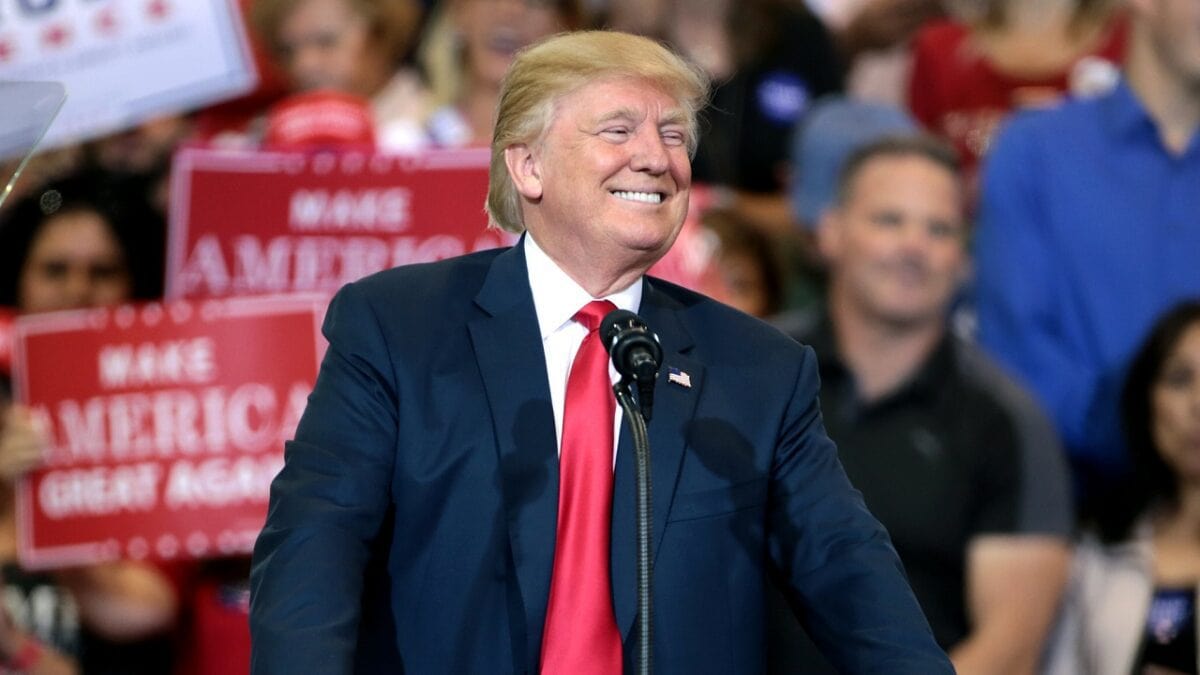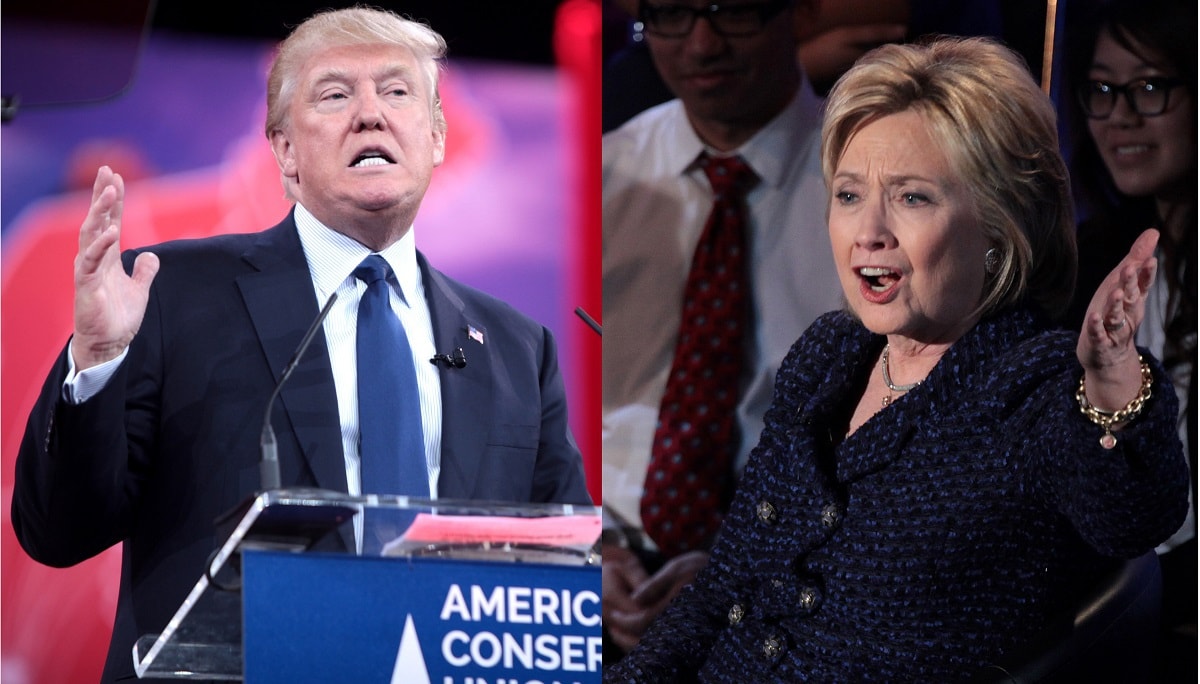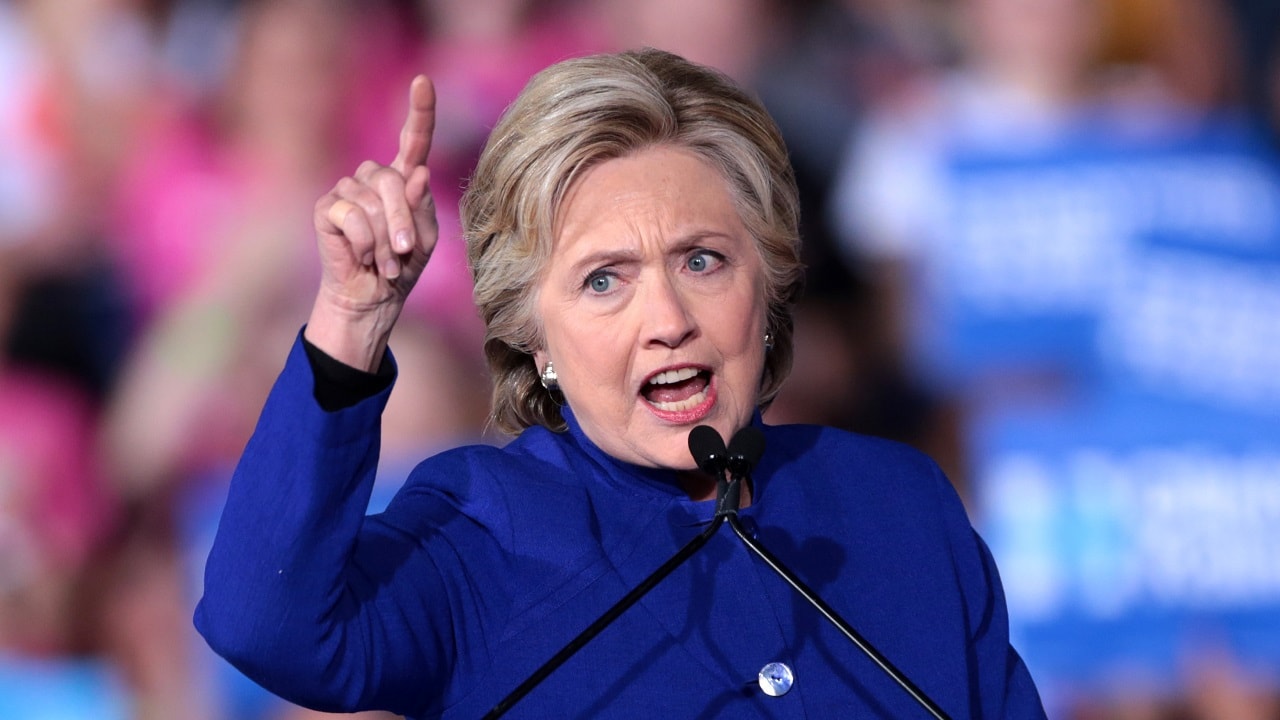Roe V. Wade: The Players Who Made the Decision Happen – The left melted down after the leaked Supreme Court opinion by Justice Samuel Alito became public, calling for overturning the 1973 Roe v. Wade ruling that legalized abortion in every state.
When (or if) this does become the final ruling, the rage will continue but might abate. Sure, the left might now launch a decades-long effort to overturn the Dobbs v. Jackson ruling, but the Alito opinion is far less sweeping than the 1973 ruling, in that it does not impose the equivalent to national law—but rather kicks it down to the states and makes the matter more democratic.
Still, it will continue to polarize, and this is a watershed decision presuming it comes to fruition.
Outside the justices themselves, four primary political players deserve most of the credit/blame (depending on one’s perspective) for overturning Roe v. Wade.
1. Ruth Bader Ginsburg
It’s never good to speak ill of the dead. But respectfully, this justice who in life annoyed the right and was adored by the left is probably the most responsible party here.
She could have quickly retired from her seat during Barack Obama’s first two years as president when he had a Democrat-controlled Senate, and someone the ilk of Justice Sonia Sotomayor would have been named. Had Ginsburg even retired in the last two years of the Obama administration, Obama might have nominated someone he thought could slip through a Republican majority, i.e. Merrick Garland or someone similar who likely would have been confirmed in 2015 or earlier, to hold the liberal line on the court.
An Obama appointee would have maintained the 5-4 center-right majority. But Chief Justice John Roberts might have either sided with the liberal wing of the court or forced the conservative wing to settle for a narrower ruling of simply upholding the Mississippi 15-week ban but leaving Roe intact. Doing the latter might have required some legal jujitsu, but Roberts has shown himself to be good at legal jujitsu.
But Ginsburg didn’t retire. Ginsburg, by the way, was very critical of Roe v. Wade on strictly legal grounds, as were many pro-choice legal scholars. Though, if she had a vote, she would likely have kept it, as she considered herself a crusader for women’s rights.
The subject of a blockbuster documentary and an actual feature film, it’s possible the “Notorious RBG” hype went to her head and she considered herself indispensable.
It’s worth noting that when Ginsburg’s close friend and ideological opposite Justice Antonin Scalia died in early 2016, many conservatives were asking themselves why he didn’t retire when George W. Bush was still president. The difference is Scalia died at 79 and would have been 72 when Bush left office. Ginsburg died at 87 and would have been 83 when Obama left office.
2. Mitch McConnell
Conservatives frequently take digs at Senate Republican Leader Mitch McConnell as having a history of being too quick to cut deals and compromise—particularly during the Obama administration. However, when it counted, McConnell blocked Obama’s nomination of Garland to the Supreme Court to replace the iconic conservative Scalia.
This left the seat open for President Donald Trump to appoint Neil Gorsuch. McConnell later helped shepherded the rocky confirmation process of Brett Kavanaugh through. He should also get some credit for holding—even expanding the GOP Senate majority—during the blue House wave of 2018 to ensure Amy Coney Barrett’s confirmation in 2020 after Ginsburg’s passing.
The left attacked him for supposed hypocrisy for confirming Barrett in an election year while refusing to confirm Garland. But there is no rule saying the Senate has to be a rubber stamp for the president’s nomination. Maybe he could have had a hearing, but that would have been a waste of time, and would have subjected Garland to a much harsher conformation process than the one he had for attorney general, all for naught.

United States Senator and Senate Minority Leader Mitch McConnell of Kentucky speaking at CPAC 2011 in Washington, D.C.
McConnell did nothing inappropriate. In 2016, a duly-elected Democrat president made a Supreme Court nomination and a duly-elected Republican Senate majority effectively rejected the nomination by not even giving it a serious look. In 2020, a duly-elected Republican president made a Supreme Court nomination and a duly-elected GOP-controlled Senate confirmed the nominee.
Importantly, almost any GOP leader would have tried to block the Garland nomination. If McConnell had allowed confirmation of an Obama high court nominee months before Trump took office—he would have been ousted as party leader. So, it was certainly self-preservation at work rather than strictly adhering to principles. Still, he is a skillful master of the Senate, and a lesser politician might not have been able to pull it off so well.
3. Donald Trump
It may seem surprising that the 45th president is so far down on the list. He nominated three of the five justices expected to join the opinion.
Trump objectively deserves immense credit for this. But it could have happened with another Republican president. Trump chose some excellent jurists for the high court. But it’s difficult to say his justices were stronger constitutional conservatives than what a hypothetical President Ted Cruz or even John Kasich, Jeb Bush type had won the Republican nomination.
That said, for Trump—who had been on the record as pro-choice and even a fan of Planned Parenthood—not coming from a conservative background meant he had something to prove to his voters. Perhaps out of ego, he was enough of a political neophyte to want to keep his campaign promises. So, this shouldn’t undercut the importance of Trump in this historical decision.

Donald Trump speaking with supporters at a campaign rally at the Phoenix Convention Center in Phoenix, Arizona.
If he decides to run again in 2024, he can do so by attesting in any primary that he was the president responsible for overturning Roe v. Wade. But don’t expect him to acknowledge any role McConnell played in this or any other Trump accomplishment.
4. Hillary Clinton
She often feels left out these days. But without Hillary Clinton’s horrific candidacy in 2016, we would not have had a Trump presidency. She blamed the Russians, James Comey, voter ID laws, and whatever else she could think of. But Hillary Clinton lost the 2016 election all by herself.
Thus, she deserves much credit/blame for the pending Supreme Court decision eliminating the former secretary of state’s favorite legal precedent. Had she won the White House, she would have appointed the replacement at least for Scalia and Ginsburg. Justice Anthony Kennedy likely would have decided to wait for another Republican president before retiring. That would have still been a 5-4 center-right majority, allowing Roberts to craft a split-the-baby decision. Instead, Hillary lost and it meant a 6-3 majority for conservatives.
Commenting on just how unpopular the two 2016 candidates were, many people snickered that any other Democrat would have beaten Trump and any other Republican would have beaten Hillary. Of course, it’s not that simple, but our country seemingly had the most unelectable candidate clashing with the second most unelectable candidate.

Trump and Clinton during 2016 Campaign. Image Credit: Derivative work of File: Donald Trump by Gage Skidmore 3.jpg (CC-BY-SA 3.0) and File:Hillary Clinton (24037852830).jpg (CC-BY-SA 2.0)
Trump’s constant self-sabotage and obvious character flaws might have mattered in 2016 if he had a different opponent. Hillary’s complicated relationship with the truth and decades-long lack of accountability regarding basic ethical behavior made it impossible for Democrats to go after Trump on any character issues.
So, anyone celebrating the likely demise of Roe v. Wade should save one salute for Hillary Clinton.
Fred Lucas is chief national affairs correspondent for The Daily Signal and the author of “Abuse of Power: Inside The Three-Year Campaign to Impeach Donald Trump.”

